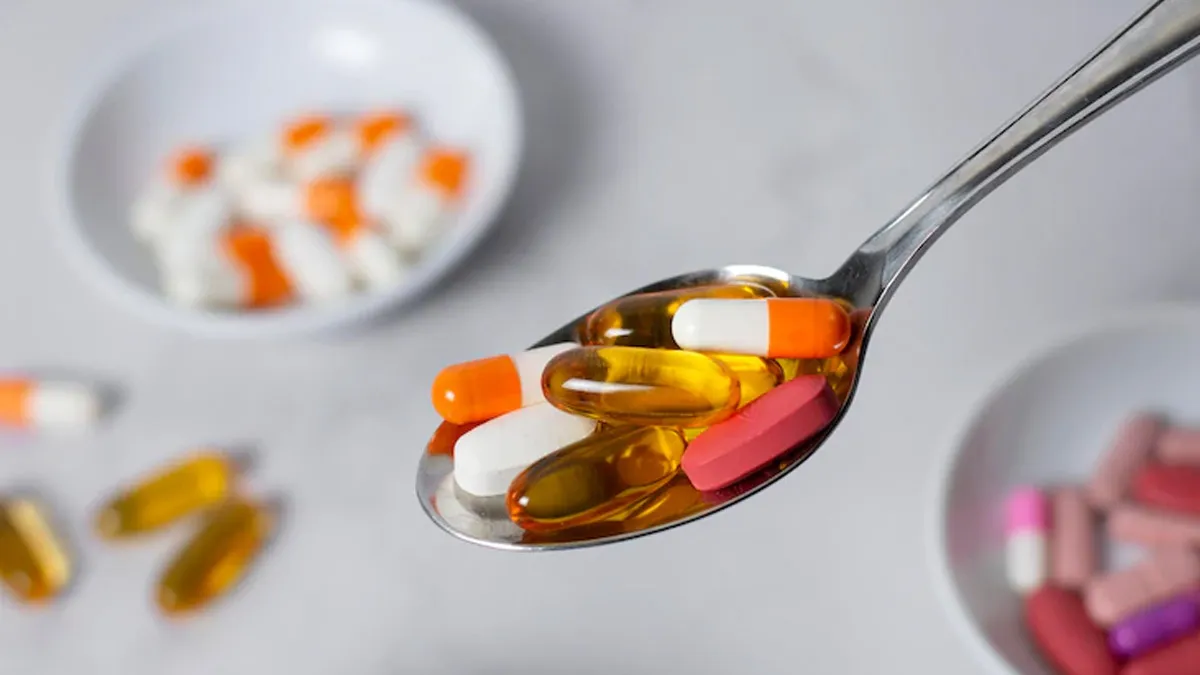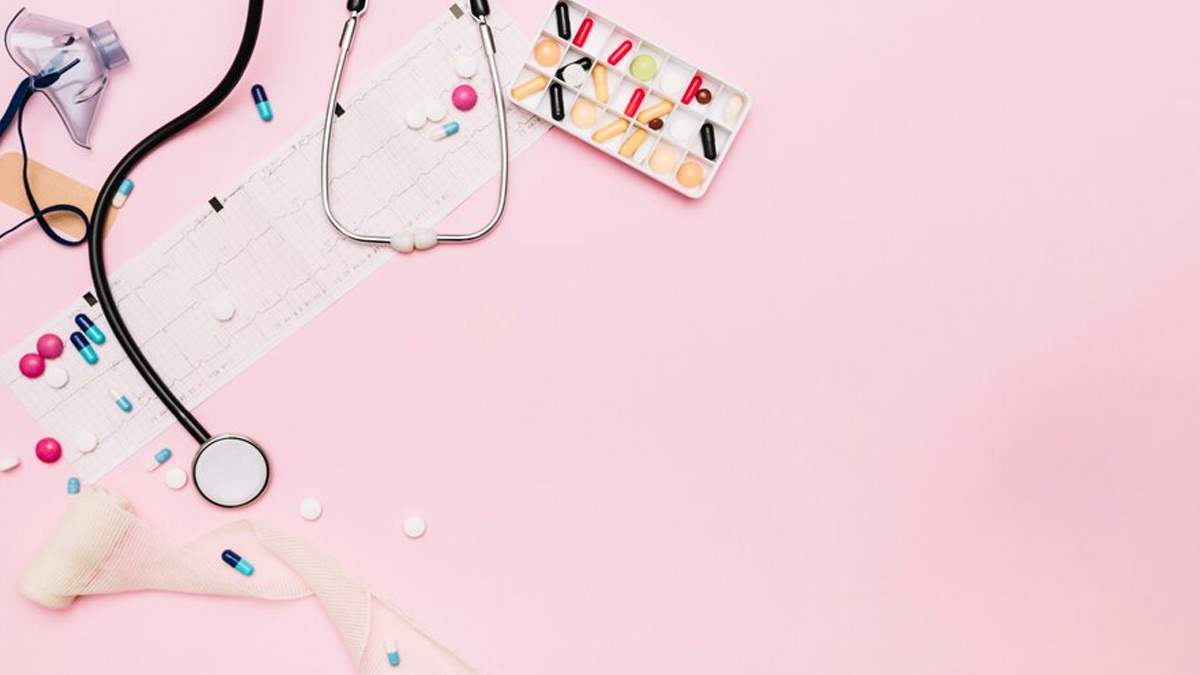
Feeling good in your 30s is all about setting yourself up for a healthy future. While a balanced diet is key, sometimes our bodies need a little extra help. Here are five important supplements that people in their 30s might want to consider to stay on top of their health game.
Table of Content:-
1. The Sunshine Vitamin: Vitamin D
Think of Vitamin D as the sunshine vitamin because our bodies make it when our skin is exposed to sunlight. But many of us don't get enough sun, especially if we live in places with long winters or spend a lot of time indoors.
Why it's important in your 30s: Vitamin D plays a big role in keeping your bones strong by helping your body absorb calcium. It also supports your immune system, which helps you fight off colds and other illnesses. Some studies even suggest it's important for mood regulation.
How to get it: Besides sunlight, you can find Vitamin D in foods like fatty fish (salmon, tuna), egg yolks, and fortified milk and cereals. A supplement can be a good option, especially if your doctor finds you have low levels.
2. The Energy Booster: B Vitamins
The B vitamins are a group of eight different vitamins that work together to keep your body running smoothly. Think of them as the fuel for your engine!
Why it's important in your 30s: B vitamins, like B12 and folate, are crucial for energy production. They help your body turn food into energy you can use. They also support brain function and the health of your nerves and blood cells. If you're feeling tired or stressed, you might not be getting enough B vitamins.
How to get it: You can find B vitamins in a variety of foods like meat, poultry, fish, eggs, dairy, and leafy green vegetables. Vegans and vegetarians might need to pay extra attention to getting enough B12, which is mainly found in animal products, and may benefit from a supplement.

Also Read: Showering Tips For Atopic Dermatitis: What A Dermatologist Wants You To Know
3. The Gut Guardian: Probiotics
Your gut is home to trillions of tiny microorganisms, both good and bad. Probiotics are the "good" bacteria that can help keep things balanced in your digestive system.
Why it's important in your 30s: In your 30s, stress and diet can sometimes throw your gut health off. Probiotics can help improve digestion, reduce bloating, and even boost your immune system since a lot of your immunity starts in the gut.
How to get it: You can find probiotics in fermented foods like yogurt with live and active cultures, kefir, sauerkraut, and kimchi. You can also take probiotic supplements, but it's a good idea to talk to your doctor about which strains might be best for you.
4. The Heart Helper: Omega-3 Fatty Acids
Omega-3 fatty acids are essential fats that our bodies can't make on their own. They're like the oil that keeps your engine running smoothly, especially when it comes to your heart.
Why it's important in your 30s: Omega-3s are known for supporting heart health by helping to maintain healthy blood pressure and cholesterol levels. They also have anti-inflammatory properties and are important for brain function and eye health.
How to get it: The best sources of omega-3s are fatty fish like salmon, mackerel, and sardines. You can also find them in flaxseeds, chia seeds, and walnuts, although your body doesn't convert these plant-based omega-3s as efficiently. Fish oil or algae-based supplements are good options if you don't eat a lot of fatty fish.

Also Read: Did You Know Some Common Habits Can Weaken Your Immune System? Here's What Not To Do
5. The Antioxidant Powerhouse: Magnesium
Magnesium is a mineral involved in hundreds of processes in your body, from muscle and nerve function to blood sugar control and blood pressure regulation. It's like a multitasking superhero!
Why it's important in your 30s: Magnesium can help with muscle cramps, sleep quality, and stress management – all things that can become more noticeable in your 30s. It also plays a role in bone health and energy production.
How to get it: You can find magnesium in foods like leafy green vegetables, nuts, seeds, whole grains, and beans. However, many people don't get enough magnesium through diet alone, so a supplement might be beneficial.
Note To Remember!
Before starting any new supplement, it's always best to chat with your doctor. They can help you figure out if you have any deficiencies and recommend the right supplements and dosages for your individual needs. Remember, supplements are meant to support a healthy lifestyle, not replace it. Eating a balanced diet, getting regular exercise, and managing stress are still the cornerstones of good health in your 30s and beyond!
Also watch this video
How we keep this article up to date:
We work with experts and keep a close eye on the latest in health and wellness. Whenever there is a new research or helpful information, we update our articles with accurate and useful advice.
Current Version